Refinancing a mortgage means paying off the existing home loan and replacing it with a new one. Hopefully the new loan will come with a more attractive interest rate or terms. Attractive interest rates may be reason enough to refinance, but homeowners may decide to refinance for a number of reasons:
- Obtain a lower interest rate.
- Modify the term of the mortgage.
- Convert an adjustable-rate mortgage to a fixed-rate mortgage.
- Tap into equity in the home to consolidate debt or finance a large purchase.
Refinancing can be expensive, and you need to evaluate all factors before making the decision to refinance. Let’s first look at when you should not refinance:
- When you have had your mortgage for a long period of time. If you have been paying your mortgage for a number of years, refinancing will result in paying interest again rather than continuing to build equity.
- When your current home loan carries a prepayment penalty. Refinancing will likely increase the time it will take to break even.
- When you have plans to move relatively soon. Planning to move from your home within the next couple years may not give you enough time to offset the cost of refinancing.
The Best Time of the Year to Refinance
If you have plans to refinance this year, choosing the right time can make a big difference. As the year ends, loan officers may be working hard to close more loans to increase income and year-end bonuses. The key is to know when the fiscal year ends for the lending institution. Applying for refinancing during the last quarter of the fiscal year could be a win for you if your loan officer is looking to add your loan to their list of accomplishments for the year.
Best Time of the Month to Refinance
Just like car salespeople, loan officers want their monthly numbers to be impressive. According to Financial Samurai, loan officers sometimes make a final push to close loans in the last half of the month. By refinancing during the last half of the month, you may be offered better terms due to the loan officer’s push to meet their monthly goals.
Before speaking with a lender about refinancing, you will want to:
- Evaluate your goals. Consider how long you plan to be in your home.
- Review your credit history. You will only get the awesome advertised interest rates if you meet the lender’s credit criteria. This generally means source of income and high credit score.
- Determine if you will be required to obtain private mortgage insurance. If you are refinancing 80% or more of the value of your home, you will likely have to get private mortgage insurance. This expense may offset any savings you would get from refinancing.
Regardless of when you decide to refinance, one of the best reasons to refinance your mortgage is to get a lower interest rate. The rule of thumb is that refinancing is ideal if your interest rate can be reduced by at least 2%. Some borrowers believe even a 1% savings can be enough of a reason to refinance their existing home loan. When used wisely, refinancing can be a valuable tool for getting debt and expenses under control.
Evolve Bank & Trust Home Loan Centers (HLCs) are not full service branch locations of Evolve Bank & Trust. These HLCs do not engage in general banking transactions, such as deposits or payments, and only provide Residential Mortgage Loans. Equal Housing Lender. All loans subject to credit approval. Corporate NMLS# 509256




